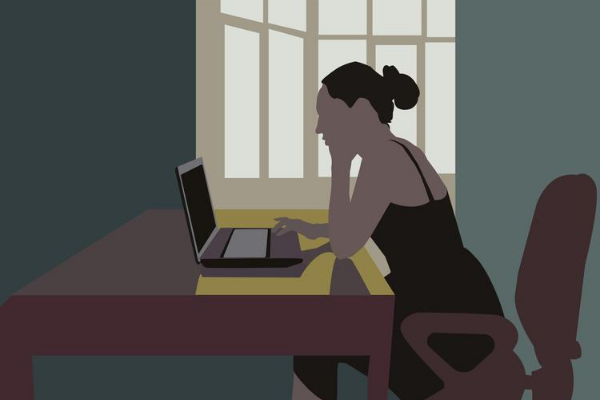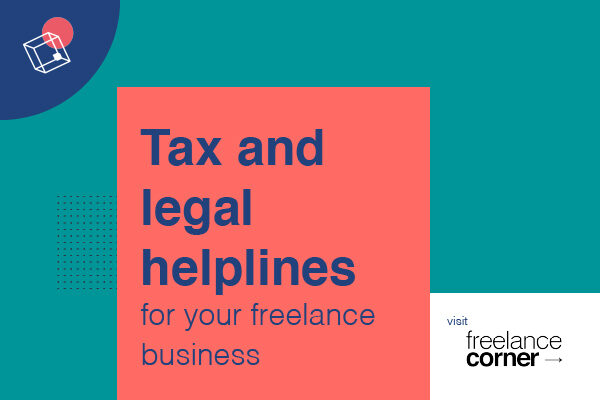If freelancing was a rollercoaster before, that ride just got bigger and scarier, writes Ellen Manning.
Being a freelancer can be difficult at the best of times. If I had a penny for every time someone had compared it to a ‘rollercoaster’ ride, I probably wouldn’t need to work at all. They’re right –freelancing can bring the highest highs but also the lowest lows, sometimes within minutes of each other. That’s the case whether there’s a global pandemic or not. So what happens when we’re faced with something that is affecting every single part of our lives, from our business to our families and even our freedoms?
Since the coronavirus outbreak began, I’ve experienced every emotion in the book. Fear, anxiety, stress, sadness, anger, but also hope, energy, and optimism. If I thought I’d been on the rollercoaster of freelancing before, that was nothing compared to now.

As freelancers, the effect of the current situation on our mental health can’t be ignored. There’s the worry of losing work and the financial knock-on effect, not to mention the ripple effect if you sub-contract to other freelancers too. There is government support for some, but for those who fall through the cracks there are feelings of abandonment and anger.
Away from the financial side and the inevitable anxiety and stress that is related to running your own business in times of economic uncertainty, there’s an added dimension. For me, that’s the effect of what I can only think of as ‘enforced idleness’.
As a freelance journalist and PR consultant I thrive on the ‘hustle’ – looking for work, keeping clients happy, pursuing more projects – and I’m sure I’m not alone. Yet now most of us find ourselves entering a period of enforced ‘rest’. With clients dropping like flies and projects cancelled, there is an inevitable period of ‘downtime’ as we wait things out. It’s something I’m struggling with, feeling like I should be working and refusing to accept that maybe it’s okay to close the laptop and take these times for what they are.
If freelancing was a rollercoaster before, that ride just got bigger and scarier, with all the accompanying feelings of fear, stress, and anxiety. The effects on freelancers’ mental health are myriad and unique to each person, and as we all suffer the effects of this rollercoaster differently, we all cope differently too.
For me, a few things that have helped me through the stresses and strains of the past four years are proving invaluable right now:
Explore opportunities
As tempting as it is to throw in the towel, chasing more work and looking for new opportunities, even if they’re not what I’d usually do, is keeping me going. Doing nothing doesn’t do my mental health any good, so keeping busy, even if it leads nowhere, helps me.
Speak to other freelancers
As a freelancer it’s easy to feel like an island. None of us are, and if anyone is going to understand what you’re going through, it’s other freelancers. From a virtual coffee to a brainstorming session, it can help quell the storm of emotions you’re going through.
Cut yourself some slack
I’m not very good at this, I’ll admit. But if it was ever important to go easy on yourself, then it is now. If you lose a client, chances are it couldn’t have been helped. If you have to seek financial support, then you are not alone. Don’t give yourself a hard time. Things are already hard enough.
Exercise and fresh air
What works for one person doesn’t work for everyone, but exercise and fresh air have been my salvation. Endorphins are amazing things and you might be surprised by the lift they give you mentally. Getting out for that walk in the fresh air (far away from other people) will help you clear your head, step away from the computer, and escape the ‘noise’ that we’re surrounded by.







